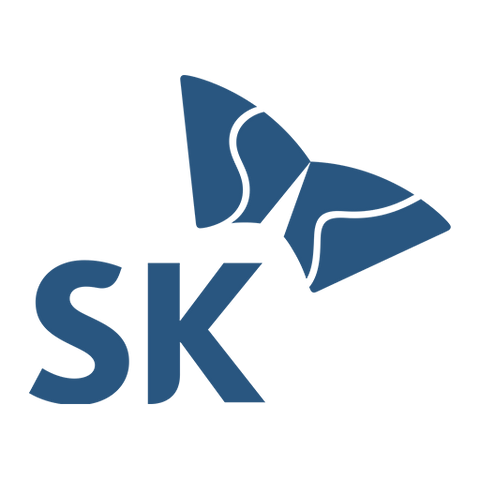

Elevate project efficiency with modularization, our pathway to streamlined processes, cost-effectiveness, and adaptable solutions.
Unlock potential with productization. Create standard, cost-effective standard modules for streamlined design, construction, and operations.
Experience excellence with lean design & execution. We optimize every facet, reducing waste, enhancing value, and driving project success.



❭❭ ABOUT DYCAT SOLUTIONS
Driving Energy Excellence Worldwide
DyCat Solutions helps energy and resource companies worldwide achieve cost certainty and maximize profitability. We use our unique expertise to minimize risks and we help our clients focus on sustainability targets in a progressively competitive market.

Our Mission
To empower our global energy customers to optimize profitability through innovative solutions. Together, we drive success, mitigate risks, and foster a sustainable future.
❭❭ INDUSTRIES WE EMPOWER
Expertise and Innovation for Diverse Sectors

Oil & Gas
Innovating in the Oil & Gas sector to maximize efficiency and profitability for lasting success.

Mining
Elevating mining operations with cutting-edge solutions for increased efficiency, safety, and profitability.

Petro Chemicals
Transforming petrochemical landscapes for a sustainable and profitable future.

Renewables
Pioneering sustainable futures through innovation in the rapidly evolving world of renewable energy.

Power
Empowering progress in the energy sector to fuel success across diverse power generation ventures.

Data Centers
Optimizing data center efficiency with solutions that drive innovation and operational excellence.
❭❭ OUR CLIENTS

❭❭ THE DYCAT SOLUTIONS TEAM
Meet Our Experts
❭❭ OUR PROCESS
What to Expect

2

Explore Challenges
Dive deep into your program or project's complexities. We uncover potential pitfalls and pathways to success.

3

Create a Plan
Craft a strategic roadmap for excellence. We design tailored solutions, optimizing every step.

We Provide a Transformative Approach to Operations, Projects and Practices
We're dedicated to enhancing project profitability and minimizing risks for our customers worldwide. Our specialized services and innovative approaches empower our clients to thrive in a competitive market while contributing to global energy and sustainability goals
10-20%
TOTAL INSTALLED COST SAVINGS

UP TO
REDUCTION IN PLOT AREA
40%

UP TO
50%
PROJECT TIME REDUCTION

UP TO
REDUCTION OF SCOPE 1, 2, 3 EMISSIONS

OUR UNIQUE SOLUTIONS ━━━
The DyCat Solutions Advantage

Niche Services
Where innovation meets specialization. We offer what others can't.

Knowledge & Expertise
Unlock the knowledge and experience of seasoned industry experts.

Time-Saving Tools
Eliminate the need to start from scratch to develop internal systems, training and process development.

Unique Persectives
Gain insights from external specialists that can uncover opportunities and ensure your success.
































